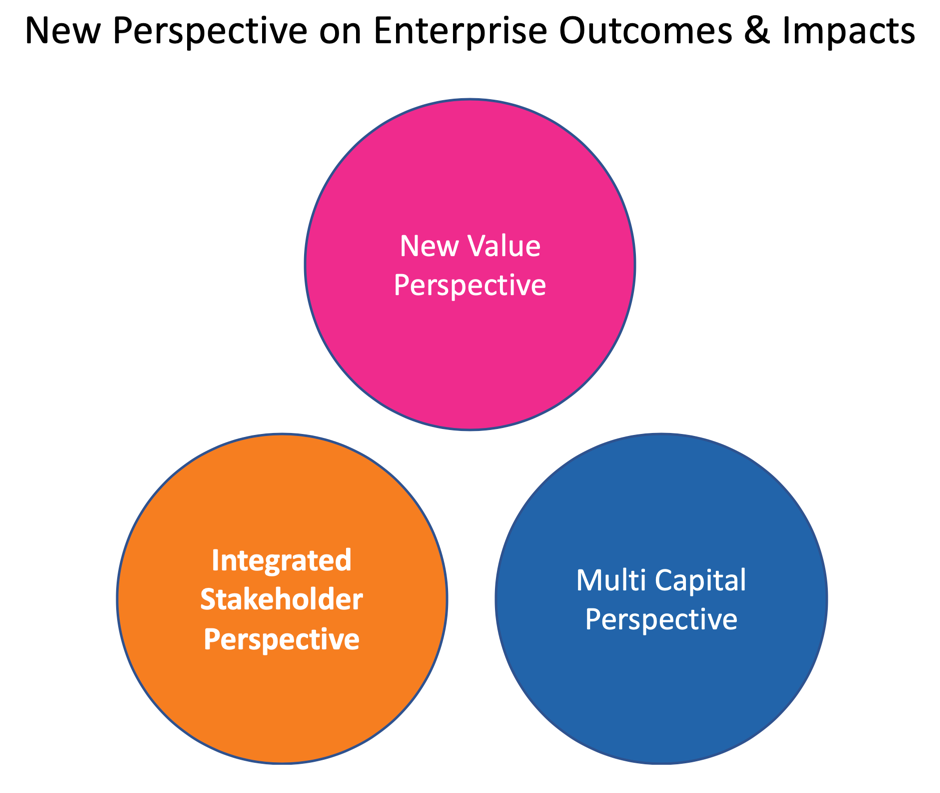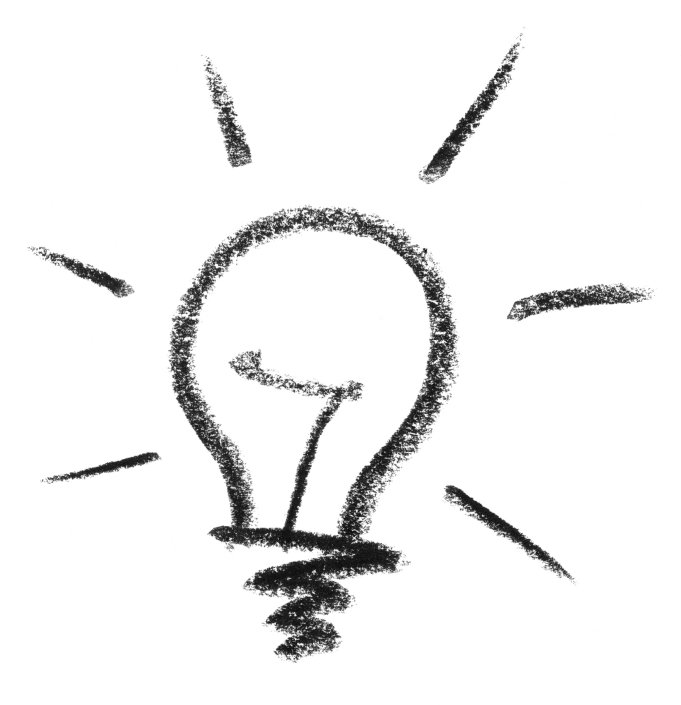
Getting to an ideal future state requires a new way of visioning.
Most private, public and civil society organizations create a longer term vision that guides their mission, their strategies, their business models and value propositions, people and actions.
There is a trend to limit the vision to perhaps three years at most, due to the amount of change occurring around us. Any business vision has a shelf life. There may be a much longer term higher-purpose that guides the shorter- term vision. Currently, you see the higher-purpose / vision connection with many larger organizations dealing with today’s local and global challenges. However, something is still missing. We need a different type of vision. A vision that recognizes a much longer-term picture of where we must be to deal with larger challenges (in most cases perceived as longer-term) , but also supports where we think we need to be in the shorter term based on managing within current situations.
An example in my world and many other parts of the world would be healthcare. It seems you can never invest enough in healthcare. Can consumers and providers of healthcare ever have enough money invested. When is enough, enough? Is there no upper limit? Is slowing the pace and eventually reducing the levels of investment real? Could that happen through efficiency and effective improvement (along with quality improvement)? Most if not everyone would say no. I don’t know the answer, however I believe that we do need to take a longer transformational / transitional perspective.
As in the case of healthcare we need a 20-30 year vision of what healthcare should look like. My feeling is that we must truly move towards preventive care versus our present reactive care approach. Preventative care must include physical, mental, emotional, spiritual, economic and environmental fitness. Prevention concepts, learning content, and interventions need to be integrated starting as early as possible so that a preventative healthcare mindset is part of our lives from day one and carried with us throughout our lives. Our healthcare, needs to become our responsibility, not the systems responsibility.
We still must have shorter term visions that guide us in achieving results required for the current and near future environment we exist in. However, we need accept that radical change is required and we need to make considerable progress on a longer term vision to an ideal future state while at the same time achieve towards the shorter term visions.
I propose we need a transformational/transitional approach to vision. We need much longer term, more radical visions of what we are really trying to accomplish. While at the same time we need to execute on our shorter-term vision. As an example, we need a vision of healthcare that could result in reduction or no increases in healthcare funding through a refocusing on preventive healthcare. Unfortunately, we tend to bury our heads in the sand and keep asking for more money or reducing services. Since we have a global mindset of short-termism we just try to survive the short-term and never really try to fix the real problems because real solutions require time and change of mindset. There would be many real world constraints on achieving the healthcare long-term vision identified above. .However we need to steal from the design thinking world and treat these constraints as “wonderful constraints” that guide innovative thinking in problem and solution development.
So what is a transformational/transitional approach to vision? A quick summary is:
- we need a 10, 20, or 30 year vision (depending on challenges we are dealing with) for complex, big challenges.
- we need ‘n’ interim visions (that get us to the longer-term vision)
- we need current target vision for the next 1-2-3 years (that better positions us for subsequent vision and longer term vision goals and outcomes.
- we need to know the linkages between these visions, the outcomes desired for each, budgeting
- Visions need to be acted on through mission, strategies, goals and objectives
- Progress towards each longer-term vision needs to be measured and managed.
As the Flourish Rebel I am experimenting with methods, outputs and tools to support the transformational/transitional approach to vision.
More to come.



